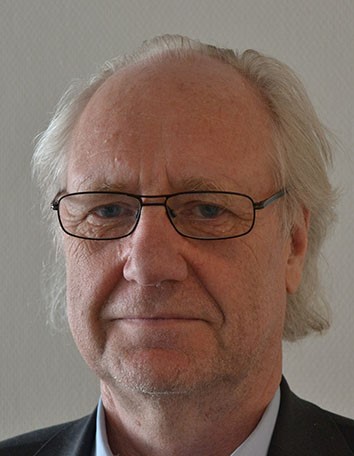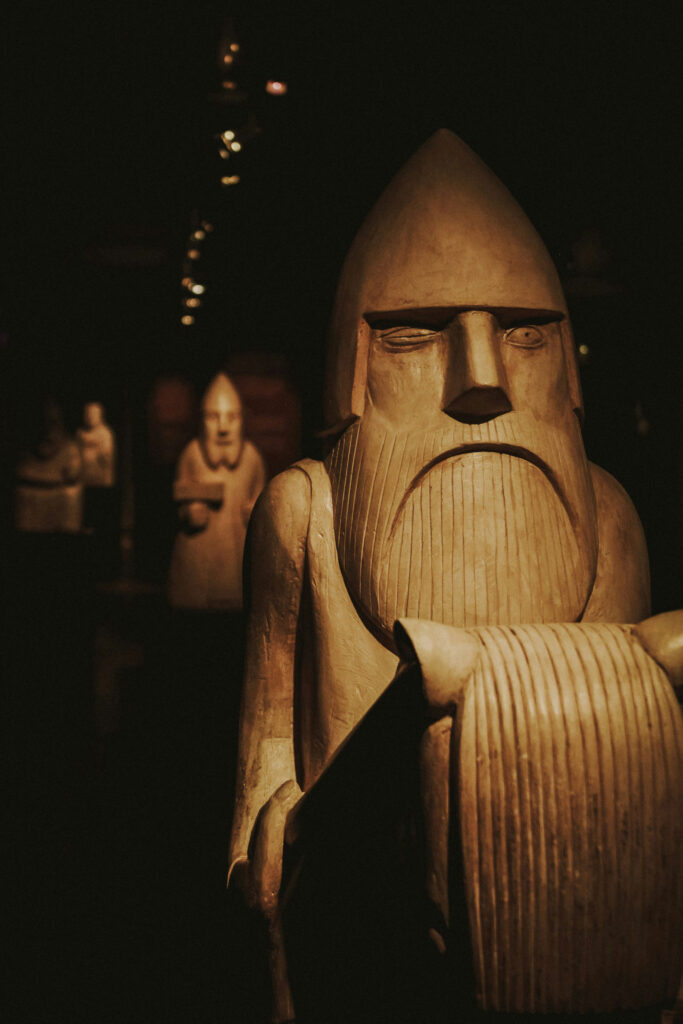The Second Biennial Conference of the World Philology Union will take place at Uppsala University from the 4th to 6th December 2024. The president of the WPU, Professor Jens Braarvig (MAE) sees the mission of the WPU and the Uppsala Conference as nothing less than reviving the discipline of Philology. The conference in December is titled “Philology and the narrative heritage” and will take a close look at ancient texts from all over the globe.

President of the WPU, Professor Jens Braarvig (MAE).
– Today, academics who are experts in Philology, see their discipline being scaled down or disappearing in universities. We have set up the World Philology Union organisation to show the importance of the philological disciplines, says Jens Braarvig, a major driving force behind the WPU.
He sees the study of historical languages as fundamental to other disciplines also, such as the study of History. Furthermore, he sees much of the fantasy fiction of today as allegories over the ancient stories. Braarvig is eager to see the discipline of philology revived so that the modern versions of the ancient stories are not the only curation of the ancient texts available to the public.
– If we don’t have any experts capable of reading the historical languages, you do not have access to the sources, Braarvig says.
– Stories are everywhere. There are stories in the discipline of law, there are stories in politics and also in science. Narratives are part of our heritage. This immaterial heritage is as important as our material heritage, and a major reason why we should study the ancient languages at the universities, he adds.
Still, looking at the programme for the Uppsala conference, the field of philology seems very vibrant with experts spanning a variety of traditions, making sure that the conference programme spans the study of texts from all over the world, from the Old Norse stories to the Vedas.
– Yes, the discipline is still attractive to experts, and they span many traditions, allowing both our conference and the WPU to have a truly global perspective. The problem is that experts in philology don’t have very good working conditions at the universities today.
Narrative heritage
– In the WPU, we see philology as a basic tool to access the narrative heritage, and of course this is a heritage we must curate academically. We seek to define and showcase the vital role that our discipline has played, and continues to play, in relation to the narrative heritage in its original languages, in analysing, interpreting and teaching stories preserved from all regions of the world, Braarvig says.

The Second Biennial Conference of the World Philology Union is headlined “Philology and the narrative heritage”. Illustration: Sculpture of the norse god Odin at Gøteborg Stadsmuseum. Photo: Unsplashed
The World Philology Union (WPU) was founded on the 2nd of December 2021 at the Norwegian Academy of Arts and Sciences in Oslo, as an international association which promotes the philological study of written cultural heritage from all regions of the world. It was established in coordination with the Union académique internationale (UAI), the umbrella organization of all academies of science worldwide, and the UNESCO-related Conseil international de la philosophie et des sciences humaines (CIPSH).
The Uppsala Conference (4th to 6th December 2024) is an open conference with no attendance fees.
Academia Europaea Bergen is a co-organizer of the Uppsala Conference.
Read or download the complete programme for The Uppsala Conference here.
